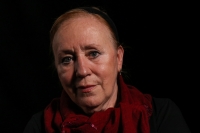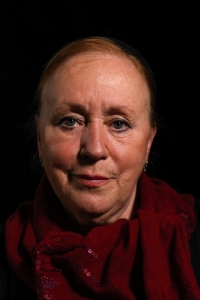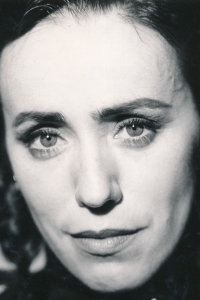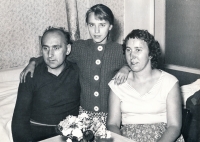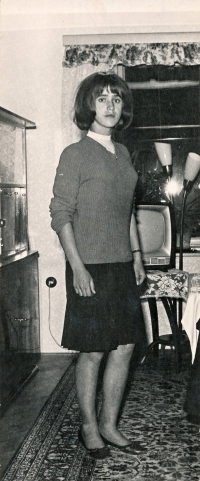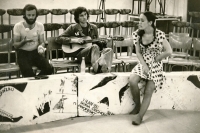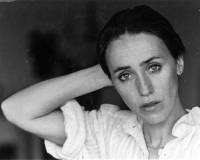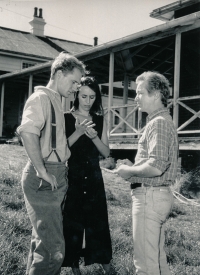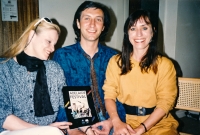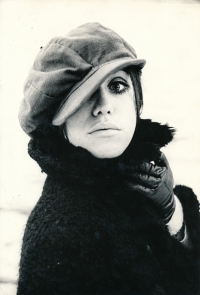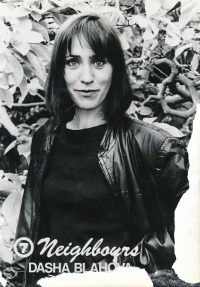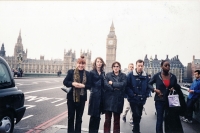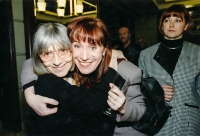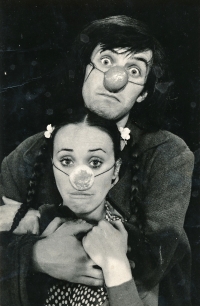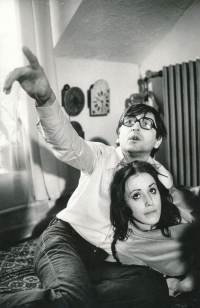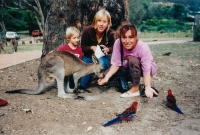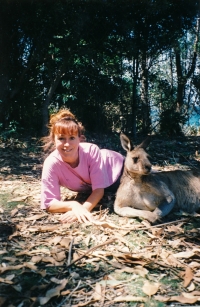I couldn‘t accept abnormality as a norm. I just had to leave

Stáhnout obrázek
Dagmar Bláhová was born on 5 March 1949 in a poor, blue-collar family in Radčice near the city of Liberec. She studied puppet theater at Prague‘s DAMU. From 1972 to 1980 she was a member of Brno‘s On the String theatrical troupe. With Boleslav Polívka, she starred in ‚Am and Ea‘ (‚Am a Ea‘), a clown performance, which had much success also in the West. In film, she gave her most distinctive performance as Anna in Věra Chytilová‘s The Apple Game (‚Hra o jablko‘). In 1979 she gave a guest performance at a theatre in Paris and didn‘t return home after that. After marrying a man who had emigrated from Slovakia, she left with him for Australia. She succeeded both as actress and theater director. She has become notable for her role in Neighbors, an Australian soap opera. For her leading role in the film ‚Displaced Persons‘ she won the Penguin Award. She gave birth to two children in Australia. In the late 1990s, she moved back to Prague. She translated The Vagina Monologues and helped to popularise the play. She founded ‚Intimní divadlo Bláhové Dáši‘, a theatre group. For 25 years she had been teaching at Prague‘s FAMU. In 2021, she had been living in Prague and in Radčice, a place where she was born.
